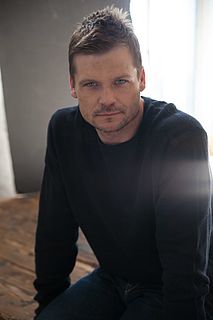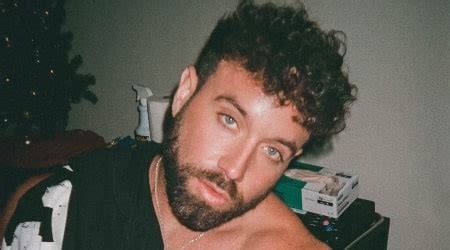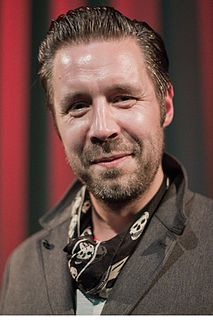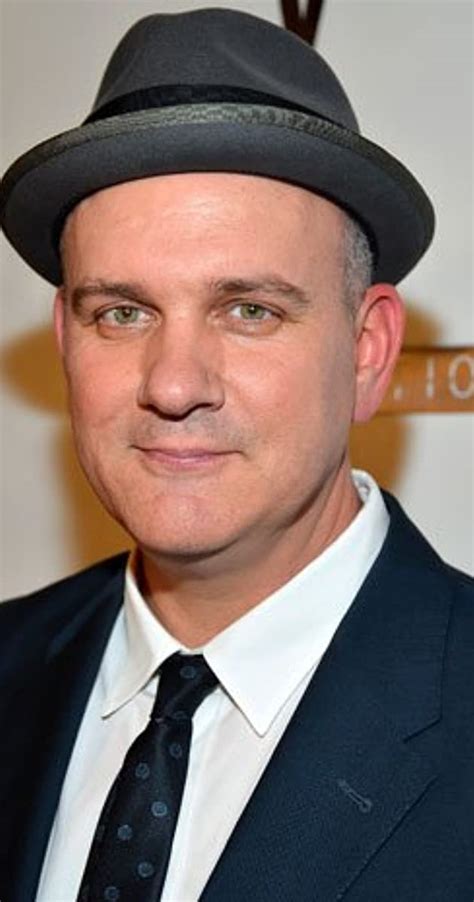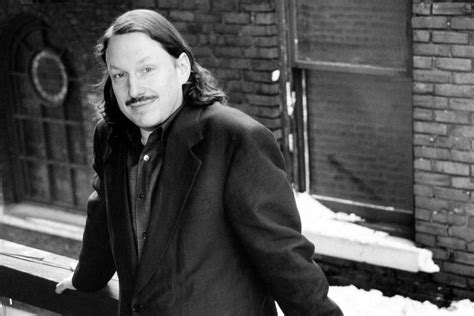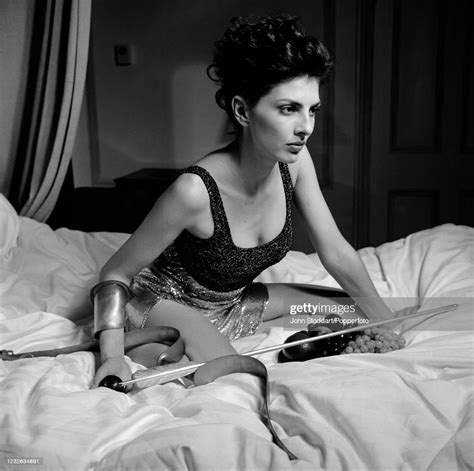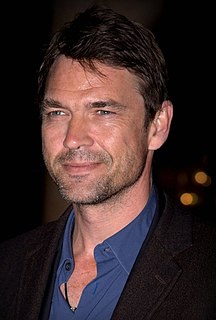A Quote by Bailey Chase
First and foremost, my hats off to our directors and camera department. That is something I will miss after Longmire. I can't imagine working on another show that looks like this. We'll get the whole crew out on location and have a hundred people standing around, waiting for about 40 minutes, so that sun is just a little bit further in the sky and the light is hitting the cloud, in the perfect way.
Quote Topics
About
After
Another
Around
Bit
Camera
Cloud
Crew
Department
Directors
First
Foremost
Further
Get
Hats
Hats Off
Hitting
Hundred
Imagine
Just
Just A Little Bit
Light
Like
Little
Little Bit
Location
Looks
Minutes
Miss
Off
Our
Out
People
Perfect
Show
Sky
Something
Standing
Sun
Waiting
Way
Whole
Will
Working
Related Quotes
It's so easy to disappear into your character because there isn't all this fuss around you, and we keep a closed set, and closed off to all crew members, even, unless we're cut. A lot of times, you're doing a scene in a movie and there are literally 35 people standing behind the camera all waiting to do their job, but here they have to be off the stage. On The Office, it is very much just the actors, a cameraman and a boom operator, like a real documentary, like we really are being documented.
If my songs are being listened to between any other songs, that is awesome, and I'm glad people are getting something out of them. We go to countries like Germany, where I can't imagine that all of my fans are engaging with the lyrics first and foremost. I think they're catching a vibe, a feeling. I consider myself a lyricist first and foremost, but if you get something else out of what I do, that's fine too. I'm not sitting back and telling people how they have to take my stuff. We just want to play music, and hope that people like it.
Sometimes you see films, not just science fiction films, where you get the sense that if the camera were to pan just to the left or the right, all of a sudden you'd be seeing light stands and crew standing around. But with 'Blade Runner,' the beauty of it is that it felt like a real, breathing city.
With directors, some have a kind of in-built ability to just know how to work with actors and get the best out of actors, and some don't have a clue about acting. I think it'd be a good idea if directors put themselves in front of the camera, or even went on a six-week drama course, just to know a little bit about what that feels like.
What is a fleecy as a cloud, As majestic and shimmering as the breaking dawn, As gorgeous as the sun the sun is strong? Why, it's ME! Twilight, the Great Gray, Tiger of the sky --- Light of the Night, Most beautiful, An avian delight. I beam --- I gleam --- I'm a livin' flying dream. Watch me roll off this cloud and pop on back. This is flying. I ain't no hack.
There is an advantage in having a routine and working with the same people when you can and in writing as a regular thing and filming as a regular thing. That routine pays off for you. You get a lot of productivity that way, rather than sitting around waiting for inspiration and waiting for the perfect thing to happen. I would be much less productive that way.
When you get to work with great people like on our movie, Blake and Ellen Burstyn and Harrison and Kathy Baker, Amanda Crew, the first minute or two it's like, 'Oh my God, I'm working with you,or Harrison,' people you've admired for so long, after like five minutes you realize we're all trying to do the same thing, we all have a passion for telling good stories and we're going to try to make the story the best possible.
I actually dislike, more than many people, working through literary allusion. I just feel that there's something a bit snobbish or elitist about that. I don't like it as a reader, when I'm reading something. It's not just the elitism of it; it jolts me out of the mode in which I'm reading. I've immersed myself in the world and then when the light goes on I'm supposed to be making some kind of literary comparison to another text. I find I'm pulled out of my kind of fictional world, I'm asked to use my brain in a different kind of way. I don't like that.
